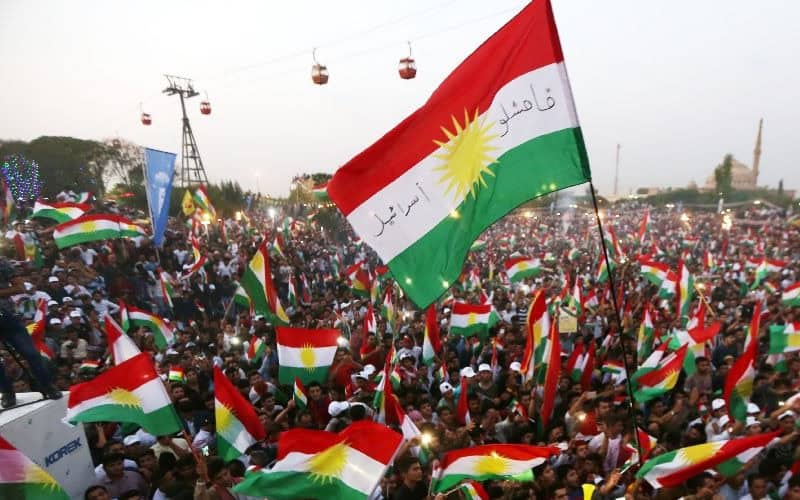WASHINGTON: The Pentagon said Thursday the United States is not profiting from Syrian oil, despite the deployment of troops to protect oil fields in the country’s east.
“The revenue from this is not going to the US. This is going to the SDF,” said Pentagon spokesman Jonathan Hoffman, referring to the Kurdish-led Syrian Democratic Forces, a key US ally in the military campaign against the Islamic State group.
The goal is to allow the SDF to have “the ability to work on building up their strength on the de-ISIS campaign,” Hoffman told a news conference.
“So it’s preventing ISIS (from getting) it, allowing the Kurds and the SDF in there to have control of it as well.”
When Islamic State militants controlled the oil fields in 2015, they pumped 45,000 barrels a day worth $1.5 million, funding domestic and overseas attacks, said Rear Admiral William Byrne, vice director of the Joint Staff.
“We’re just not going to let that happen again,” he said.
Last year, Syria ranked 75th among oil producing countries, according to the US Energy Information Administration, with a daily output of 28,000 barrels — a little less than the state of West Virginia.
President Donald Trump said on October 6 around 1,000 US troops were leaving northeast Syria, where they had kept an uneasy peace between neighboring Turkey and Kurdish fighters.
The withdrawal allowed Turkey to carry out a military operation against the Kurds, although Trump later said a “small number” of US troops would stay to secure the oil.
The president has long been a proponent of the idea of controlling Syria‘s oil fields.
Speaking about the withdrawal at a gathering of police chiefs last week, he repeated that he didn’t want the US policing the conflict between Turkey and the Kurds.
“But we’re keeping the oil — remember that,” he went on, to applause.
“I’ve always said that: ‘Keep the oil.’ We want to keep the oil. $45 million a month? Keep the oil. We’ve secured the oil.”
Defense Secretary Mark Esper recently said the mission of the US troops in Syria was to stop IS accessing oil fields and securing “resources that may allow them to strike within the region, to strike Europe, to strike the United States.”
Russia has called the US presence at the oil fields “international banditry.”

